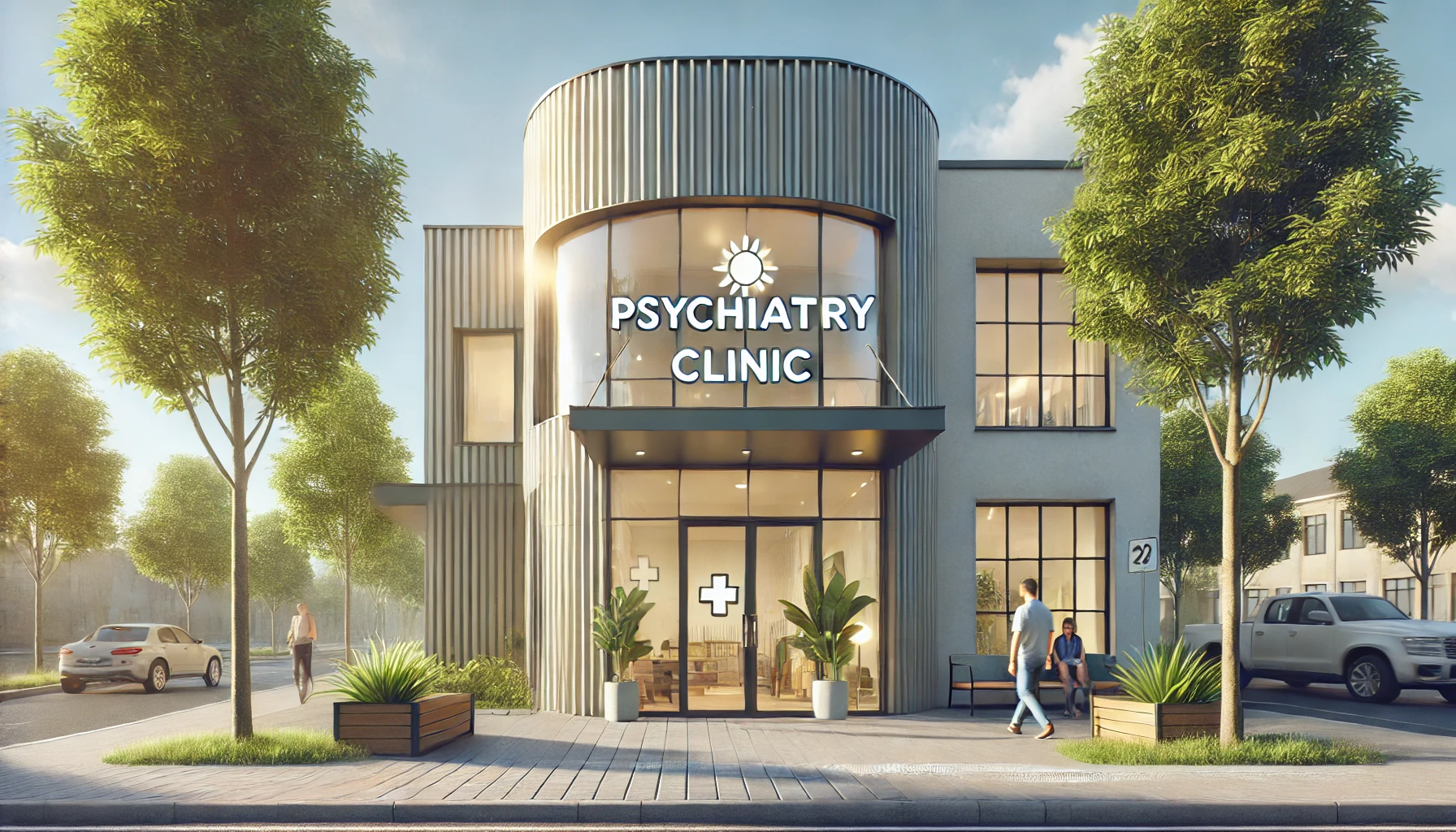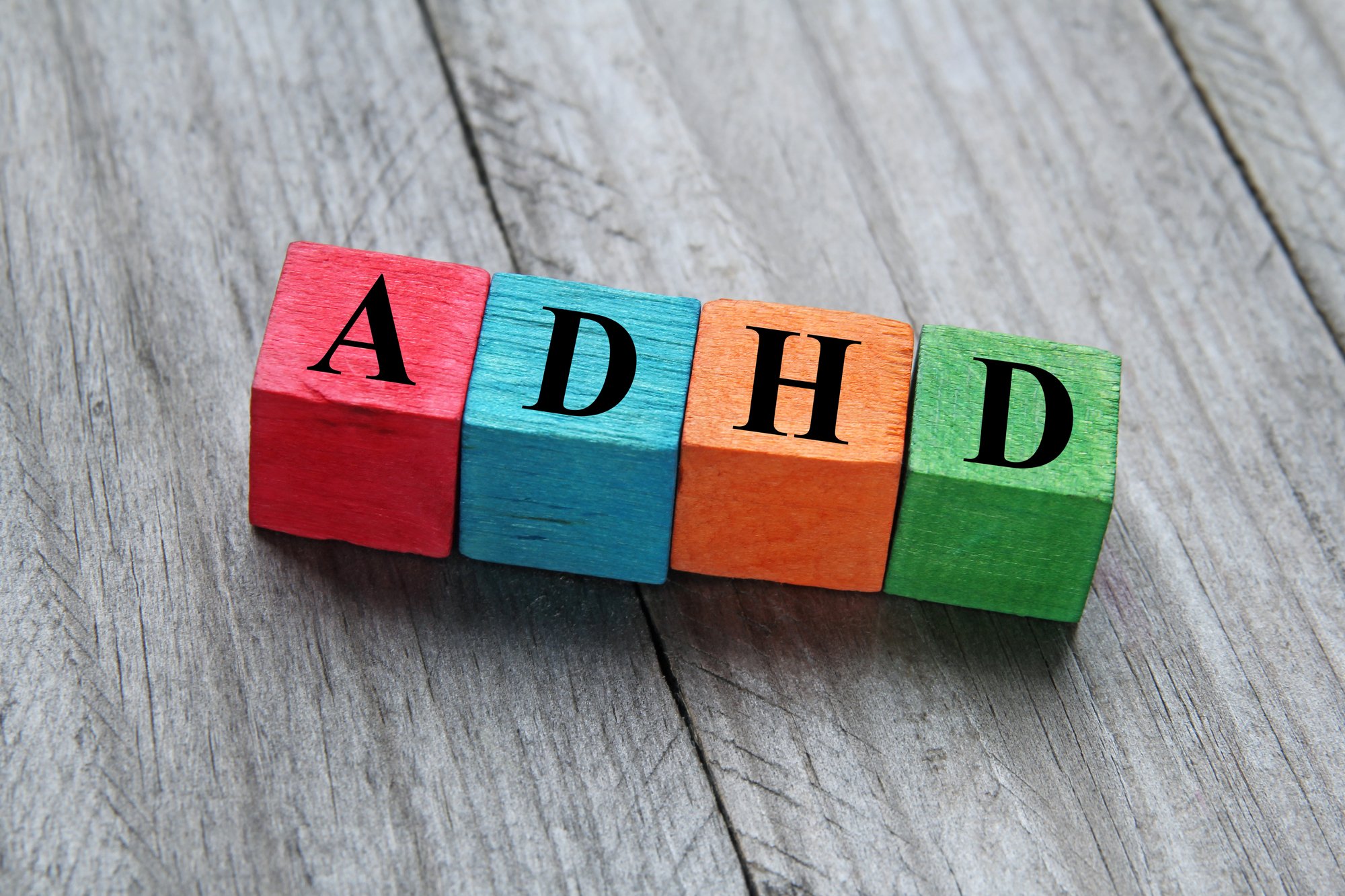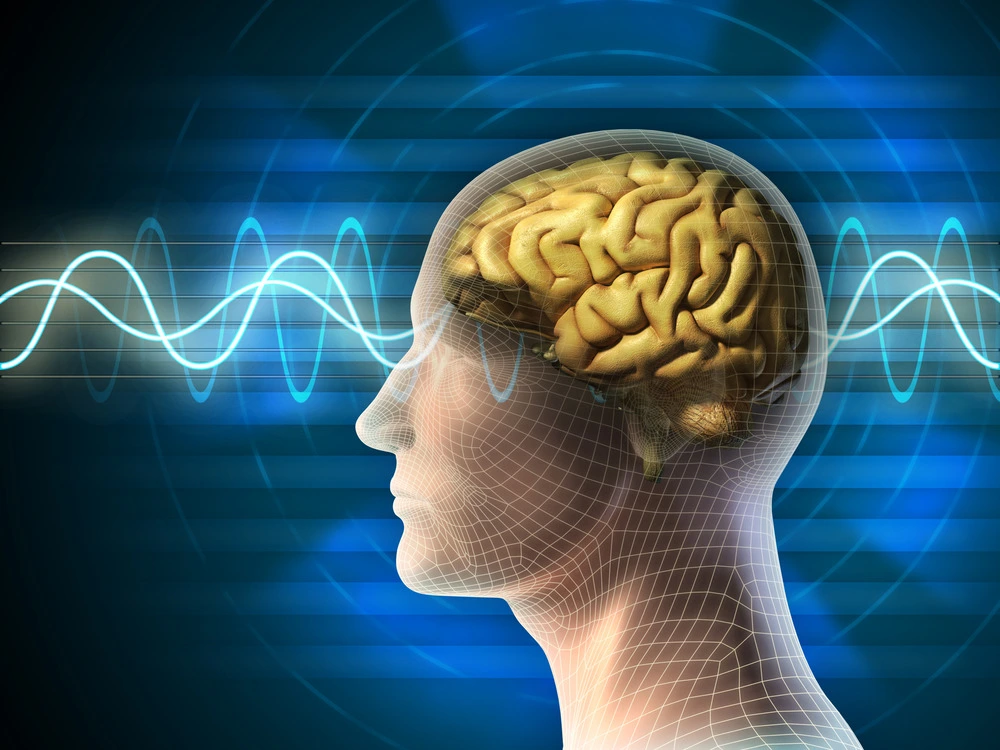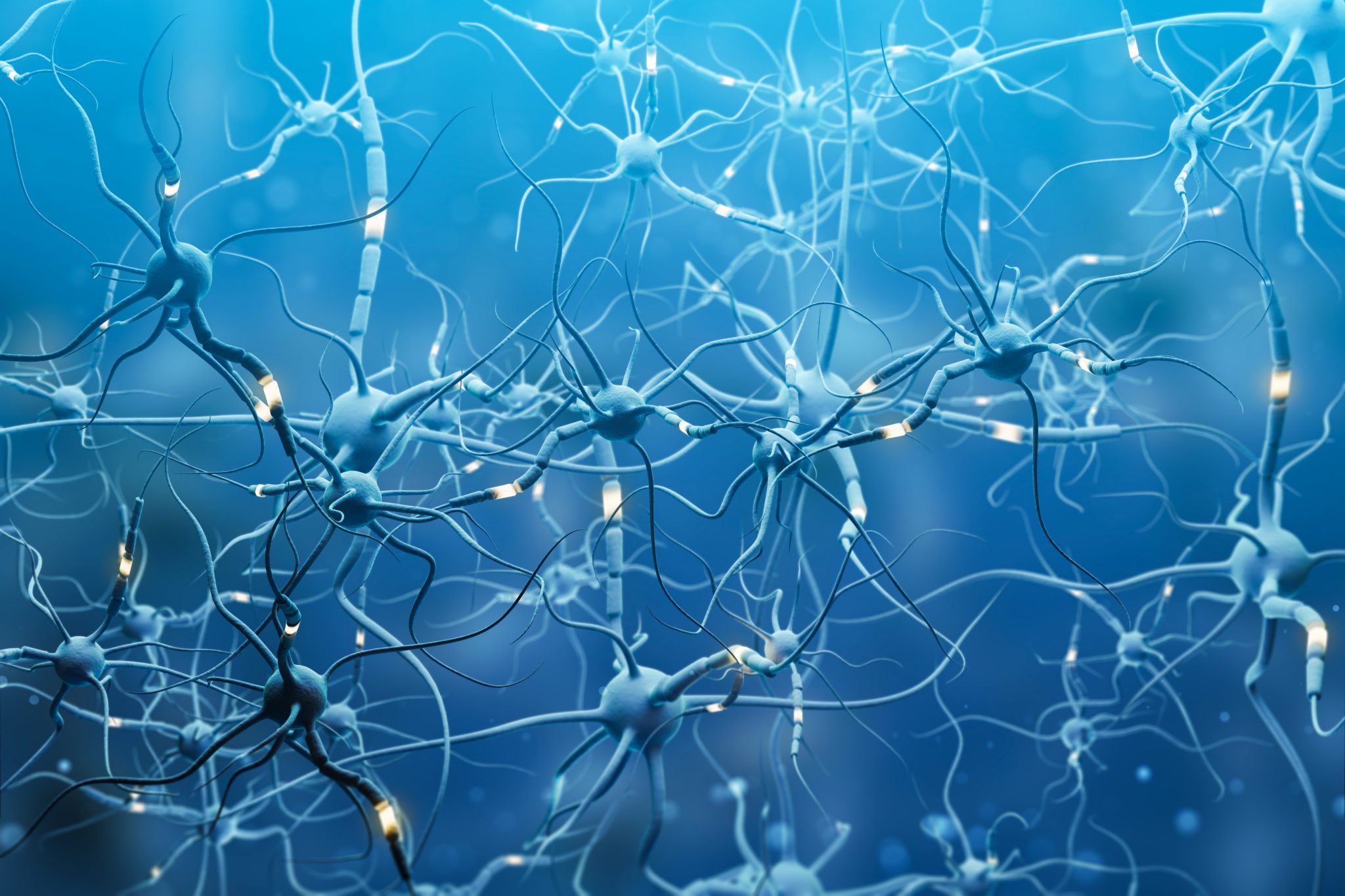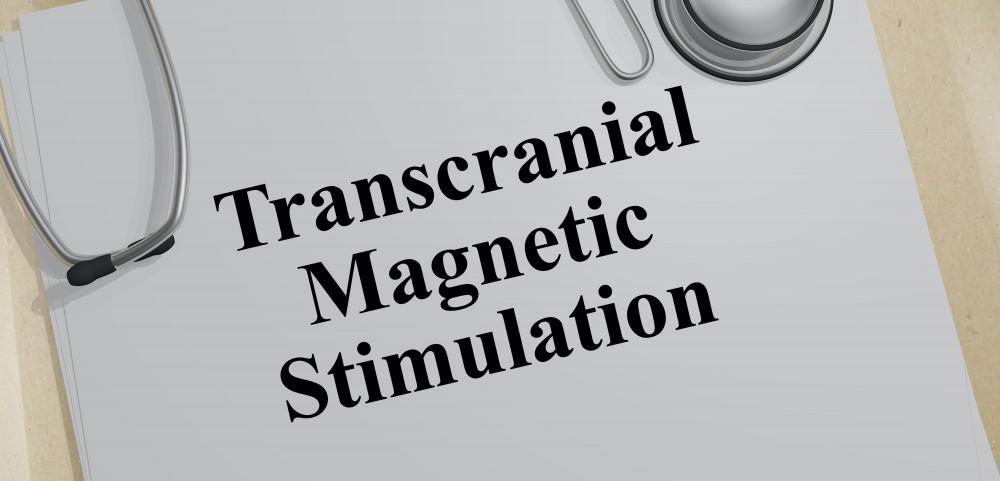Depression is a highly individual mental health disorder that affects each person in different ways and to varying degrees. And because there’s no one-size-fits-all treatment approach to this problem, finding the combination of therapies that provides complete symptom relief isn’t always easy.
If this sounds familiar, we can help — here at Bespoke Treatment in Santa Monica, California, we offer transcranial magnetic stimulation (TMS) therapy, an advanced, noninvasive treatment that can help you turn the tables on depression without having to rely on medication. Here’s what you need to know.
An equal-opportunity mood disorder
Everyone knows what it’s like to experience difficult times, but depression can leave you feeling sad, hopeless, worthless, disinterested, and disengaged every day for weeks, months, or even years at a time.
More than a simple case of “the blues” or a melancholy mood you can just snap out of at will, depression is a major mental health condition that affects an estimated one in 15 adults at any given time in the United States.
People of all ages and from all walks of life can develop depression, irrespective of perceived happiness, comfort, or well-being. Each occurrence has its own unique set of contributing factors and conditions, which may include family history, hormonal imbalances, recent trauma or stress, physical illness, or changes in brain chemistry.
Traditional treatment methods
As a mood disorder with neurobiological origins, depression is typically addressed through a combination of medication and psychotherapy. But while some people only require a low-dose antidepressant and weekly counseling sessions to thrive, others require more intense therapy sessions and more aggressive medications to keep their symptoms in check.
Luckily, depression ranks as one of the most treatable mental health conditions: With the right approach, 80% to 90% of patients can expect to attain the kind of sustainable relief that allows them to resume a normal, symptom-free life.
Unfortunately for some people with depression, it can take a lot of trial and error — and a lot of time — to find that “right approach.” And in the meantime, feelings of sadness, indifference, or low self-worth can wreak havoc on daily life.
TMS: A groundbreaking approach
Research shows that people affected by major depression have lower levels of activity in their left dorsolateral prefrontal cortex (DLPFC), or the area of the brain associated with mood and behavior. TMS aims to treat depression by stimulating this area of the brain.
Using noninvasive, low-amplitude magnetic pulses, TMS therapy effectively prompts renewed brain activity and helps recalibrate the faulty brainwave patterns that contribute to depression. But how, exactly, does it work?
Like people with anxiety, obsessive-compulsive disorder (OCD), post-traumatic stress disorder (PTSD), and other forms of mental illness, people suffering from depression develop brainwave patterns that are out of sync or off balance.
TMS aims to restore healthy brain activity and straighten out the “harmonic dissonance” that leads to abnormal brainwave patterns by sending gentle, targeted pulses of magnetic energy into the areas of your brain that regulate mood and behavior.
As your brain activity and brainwave patterns begin to normalize over the course of your TMS treatment cycle, you can expect your mood to gradually improve as your symptoms subside.
Overcoming depression with TMS
Our team at Bespoke Treatment, specializes in personalized TMS. This highly developed form of TMS uses a patterned frequency that harnesses your brain’s neuroplasticity to get results ten times faster than with conventional TMS.
What does this mean for you? Instead of having to make time for five 30-minute sessions per week for four to six weeks, each of your sessions takes just three minutes to complete.
Most of the patients we treat, including those with treatment-resistant depression, experience life-changing symptom relief by the end of their TMS treatment cycle, with virtually no risk of adverse side effects.
For as lost and empty as depression can make you feel, there’s always hope. To find out how TMS can help you, call our Santa Monica or Los Angeles clinic today, or click online to schedule a visit with one of our experienced psychiatrists at any time.


